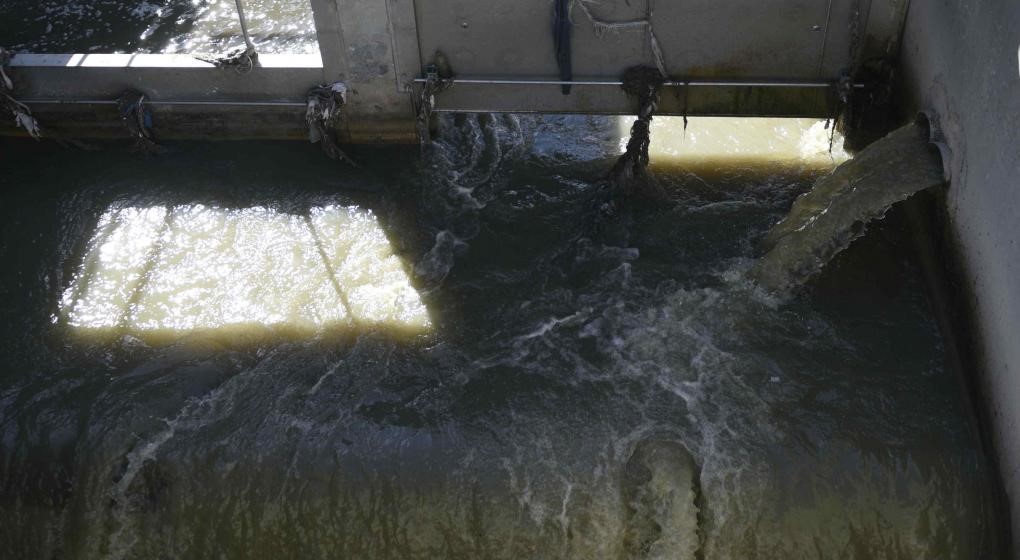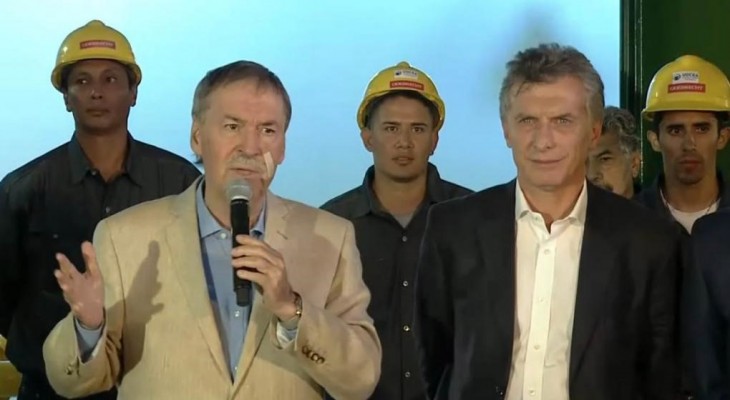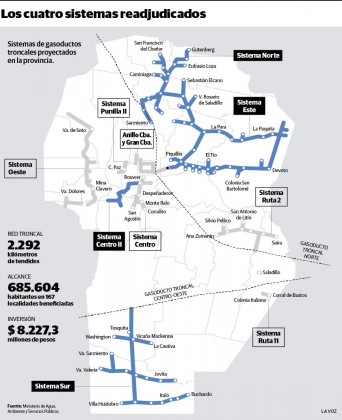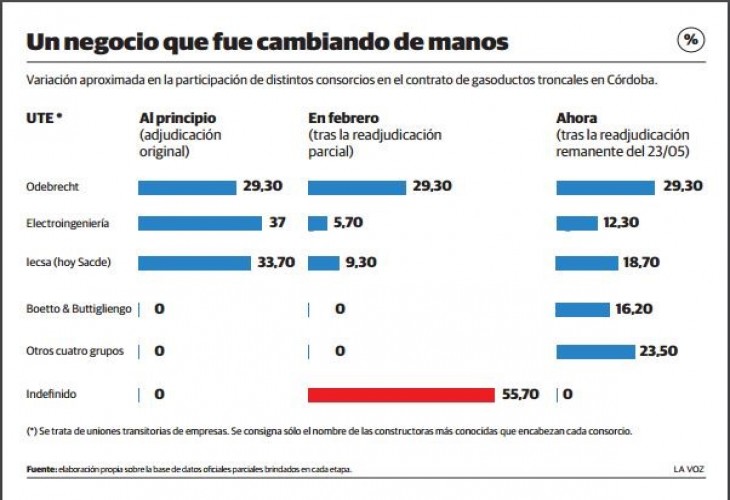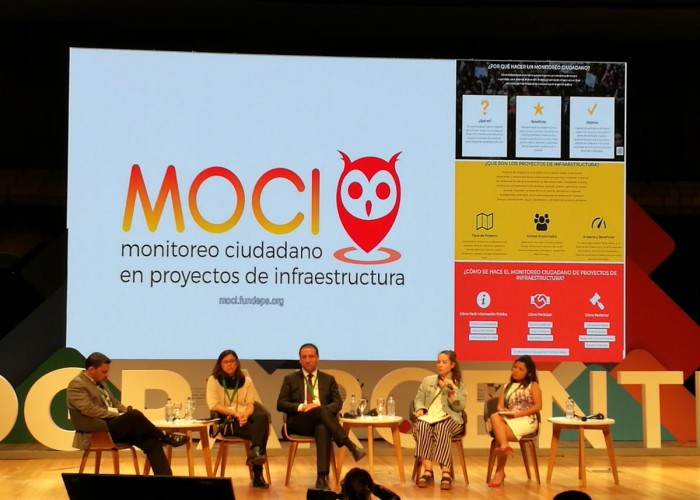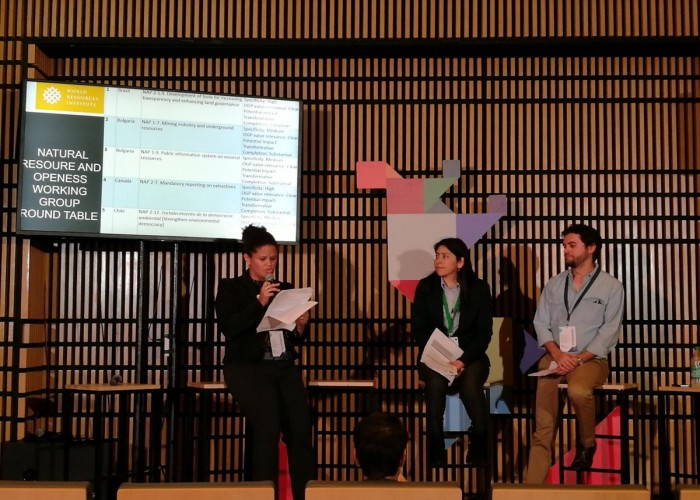After the election of the Carlos Paz Awards 2018, the speaker Carlos Caserta made a series of homophobic, discriminating and derogatory comments against Florencia de la V and the trans community. It was denounced by social organizations, criticized in the media and INADI declared its repudiation.
“Below, we offer a google translate version of the original article in Spanish. This translation may not be accurate but serves as a general presentation of the article. For more accurate information, please switch to the Spanish version of the website. In addition, feel free to directly contact in English the person mentioned at the bottom of this article with regards to this topic”
The speaker Carlos Caserta, in his program on FM 100, criticized the Carlos Paz Awards for recognizing the actress and comedian Florencia de la V, for his performance in the play “Explosivos”.
In his sayings he said: “Choose a ‘trava’ as a prominent female figure … Excuse me, you, but they are sick in the head (…) Honestly, I do not mean it, it’s not a woman! You have to respect the woman Fuck! How can it be that a job is more important than a woman? And the women, above, do not do anything, they take it with grace, they are shitting the clients, the prizes. you carry, or homosexuals.”
The aberrant manifestations of Caserta are framed in a violent practice, in flagrant detriment of the rights of the LGTTTBIQ collective, which foment discrimination, inequality and hatred. In these cases it is essential to remember the “Guide for the journalistic treatment responsible for gender identities, sexual orientation and intersexuality“, published by the Ombudsman’s Office, which recommends, among others: “Respect the principle of self-determination of sexual identities and orientations and promote media discourses that avoid judging or discrediting the autonomy of people to define themselves.”
On the other hand, the sayings of this man promote a dichotomous vision of gender and sexuality, making a focus on compulsory heterosexuality as the only legitimate model of bodies, identities, relationships and families.
Many organizations make complaints through the corresponding channels, which are responsible for ensuring the rights of audiences, such as the Ombudsman’s Office, ENACOM, INADI, and INAM.
The response of INADI was swift and concrete in its rejection of the statements of Caserta, reaffirming that “these manifestations take on another dimension and impact when they are disseminated in the mass media,” which is why it invites awareness-raising among communicators to the microphone.
This type of conduct by communication professionals is plausible for sanctions and is in flagrant violation of our national regulations, as well as the Human Rights Treaties, which are part of our legal system.
It should not be forgotten that, according to the Audiovisual Communication Services Law No. 26,522, it establishes in article 70: “The programming of the services provided in this law shall avoid content that promotes or incites discriminatory treatment based on race, color, sex, sexual orientation (…) or that undermine human dignity or induce behaviors that are harmful to the environment or to the health of people and the integrity of children or adolescents.”
On the other hand, the Gender Identity Law N ° 26.743, in its article 1:
“Everyone has the right:
a) To the recognition of their gender identity;
b) The free development of their person according to their gender identity;
c) To be treated according to their gender identity and, in particular, to be identified in that way in the instruments that accredit their identity with respect to the name/s of pile, image and sex with which it is registered there.”
We applaud the immediate reaction of INADI, and the follow-up of the other competent organs of the State, in the fulfillment of its functions, and in guarantee to the rights that protect our laws. It is essential to understand that the media are creators of opinion and that this entails a great responsibility to those who create and reproduce the contents, to promote equality and respect for rights, in pursuit of a more just and equitable society.
Contact
Virginia Pedraza, vir.pedraza@fundeps.org

